Programme
Márta Mészáros: Embracing the Independent Spirit
‘A woman wanting to make films was a joke.’ Márta Mészáros can now blithely laugh at the sarcasm and censorship she faced during her trailblazing, sixdecade career. Being the first woman to direct a feature in Hungary, and the first female filmmaker to win the Golden Bear at Berlinale, she broke barriers in cinema hierarchies and secured herself in the pantheon of auteurs, with an achievement as remarkable as her ex-husband – the legendary filmmaker Miklós Jancsó – yet standing tall in her own distinctive voice in the history of cinema.
Spending a decade making documentaries, Mészáros honed her dynamic visual style, investing delicate nuances and subtle realism into her exploration of women’s lives – in her own words, ‘to tell their stories honestly.’ Skillfully turning ordinary workplace and domestic chores into private, churning dramas, she places her characters under conflicts and dilemmas where they must make a decision on their own. From bearing a child out-of-wedlock to hiring a surrogate mother, and even giving birth on camera, the Hungarian director is fearless in obfuscating the boundaries between fiction and reality, addressing head-on sensitive and controversial subjects that few dare to challenge.
Mészáros looks at her characters through a minimalist yet discerning lens, almost like an innocent child – the visceral emotions across their faces are captured with exquisite close-ups and freeze frames, and their intense struggles are gently laid bare without value judgment but with a sympathetic caress. Yet she never forgets to quietly admire women’s stamina and fiercely independent spirit, while piercing through the patriarchal manipulation and moral conservatism that her heroines are striving to resist. Despite being lauded as a pioneering feminist, Mészáros never recognises herself as such: ‘I wasn’t making films about feminism. I was making films about people.’
Astonishingly prolific, Mészáros’ themes range from personal independence, female solidarity to reflection on history. In the electrifying characters played by Marina Vlady, Isabelle Huppert, Lili Monori and Zsuzsa Czinkóczi, some parts of her alter-ego can always be seen, referencing her childhood as an orphan, her formative years as an adopted daughter and her rise to become an acclaimed filmmaker. Her own life embodies women’s gender and artistic emancipation, while intricately entwined with Eastern Europe’s sociocultural transformation. In its masterful blends of the personal and the political interwoven with dreamlike memories, real and fictionalised newsreels, Mészáros’ autobiographical ‘Diary Trilogy’, her most acclaimed work, displays a refined, sophisticated film language that merges her own suffering with her country’s tragic history as it unfolded within her own lifetime, evoking agony and catharsis in equal measure.
Now at 92, it’s Mészáros who has the last laugh.
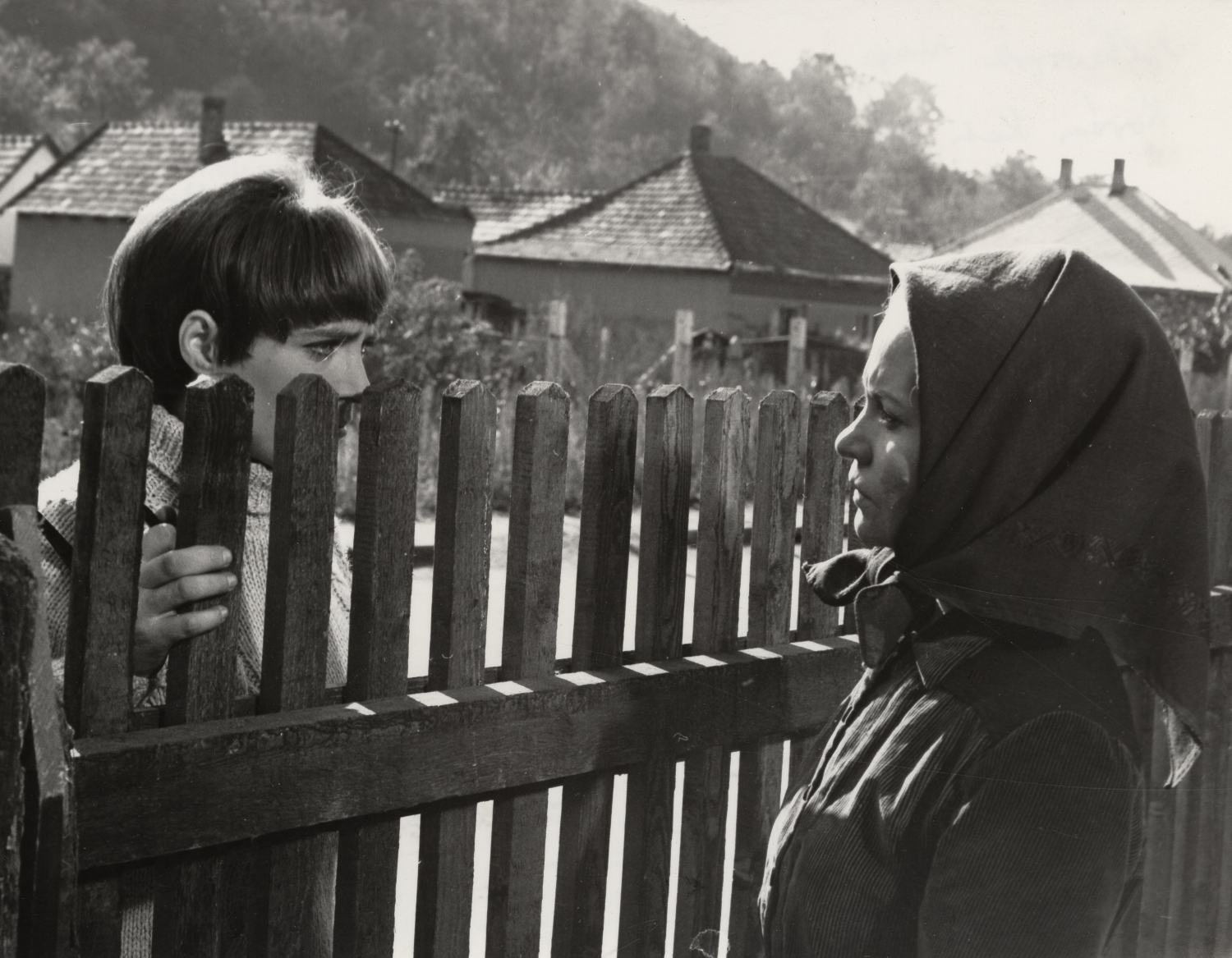
The Girl (a.k.a. The Day Has Gone)
Read more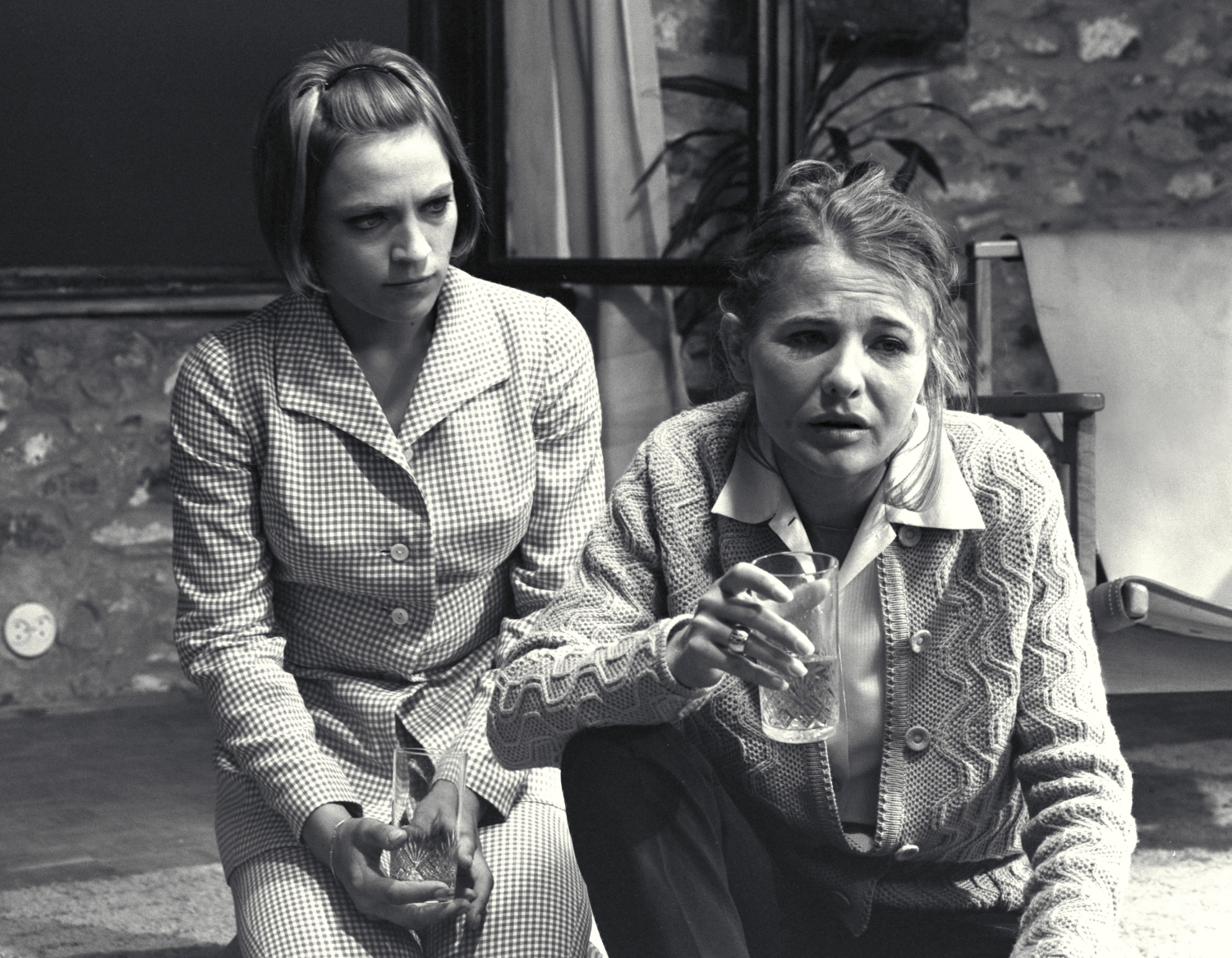
Binding Sentiments
Read more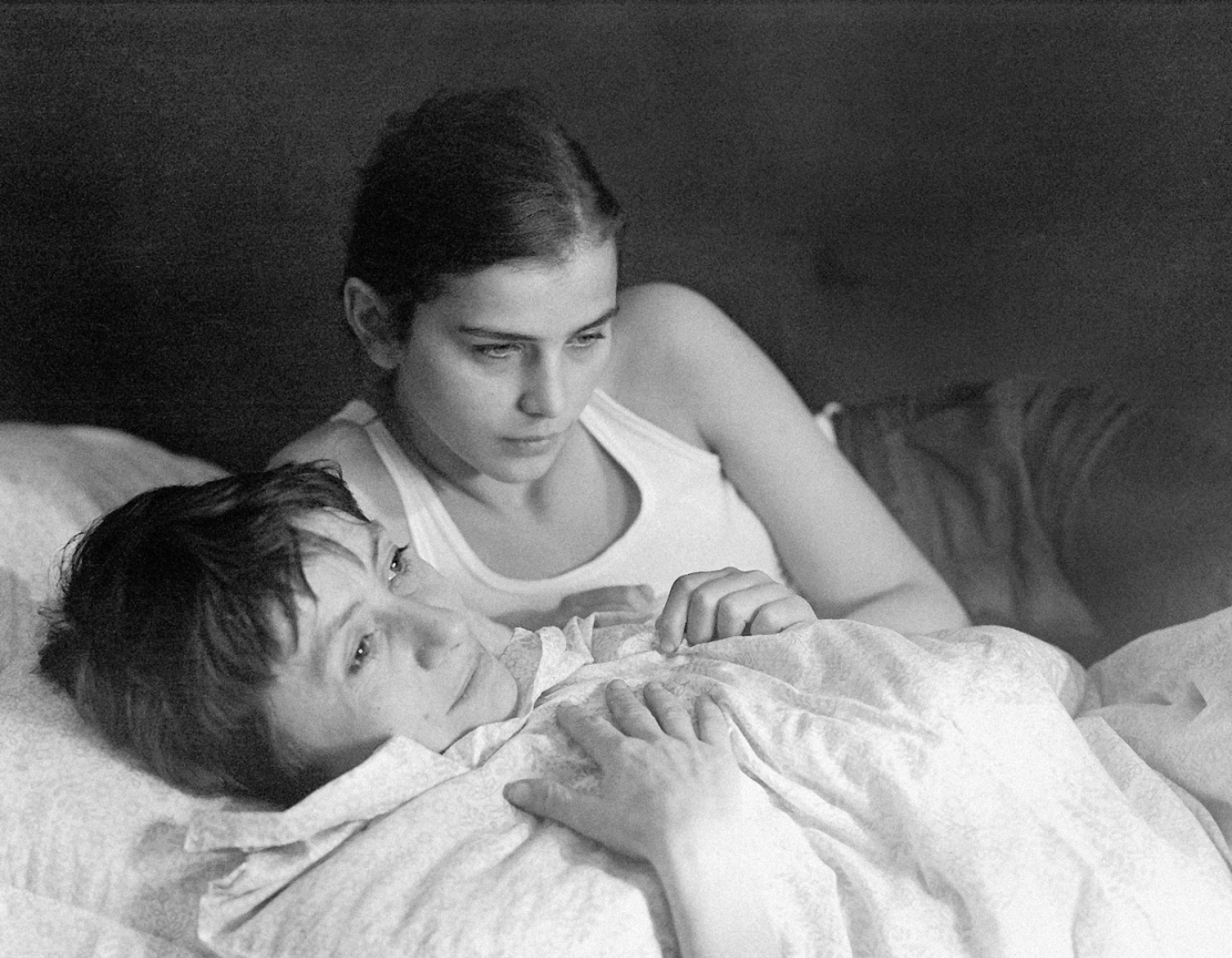
Adoption
Read more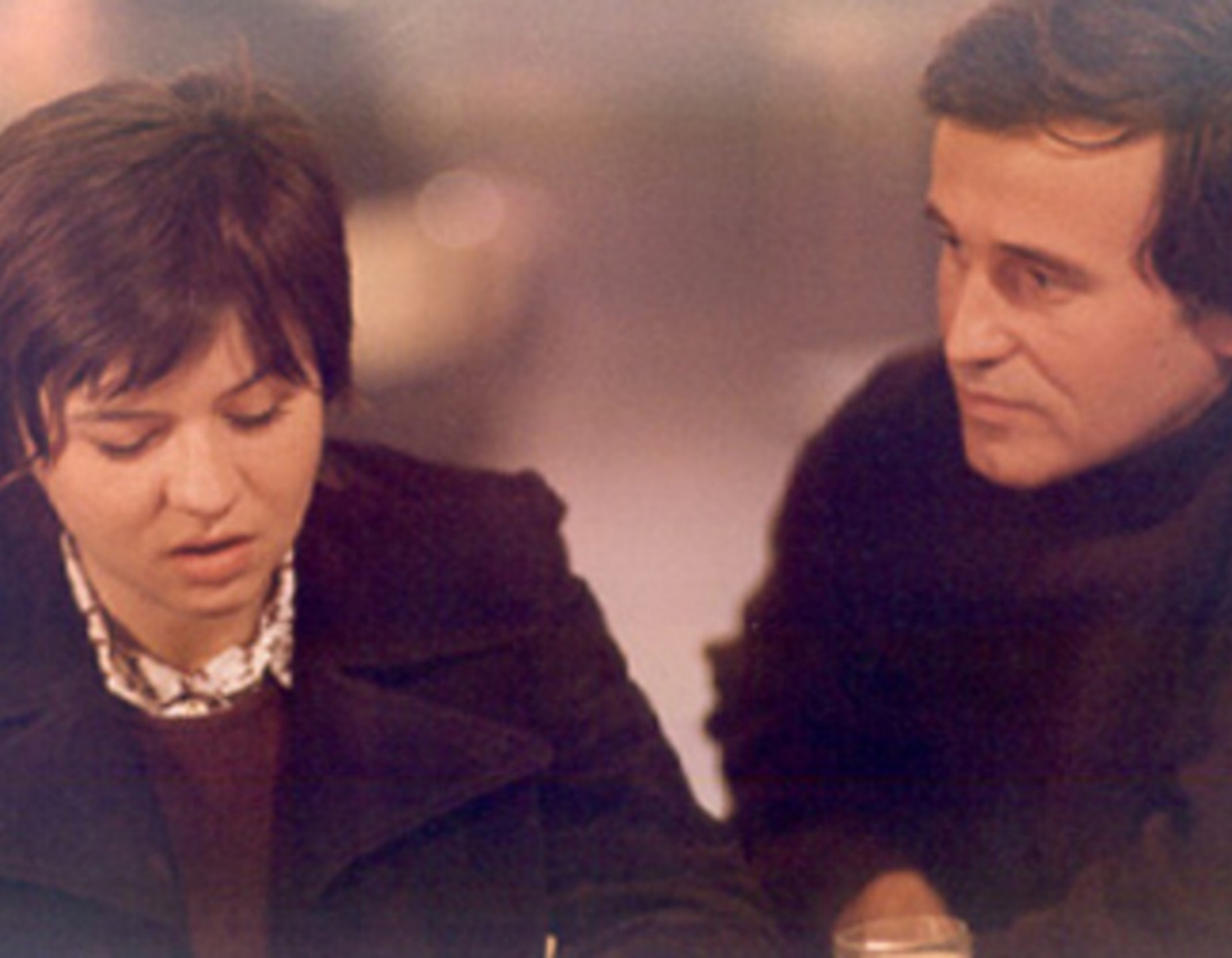
Nine Months
Read more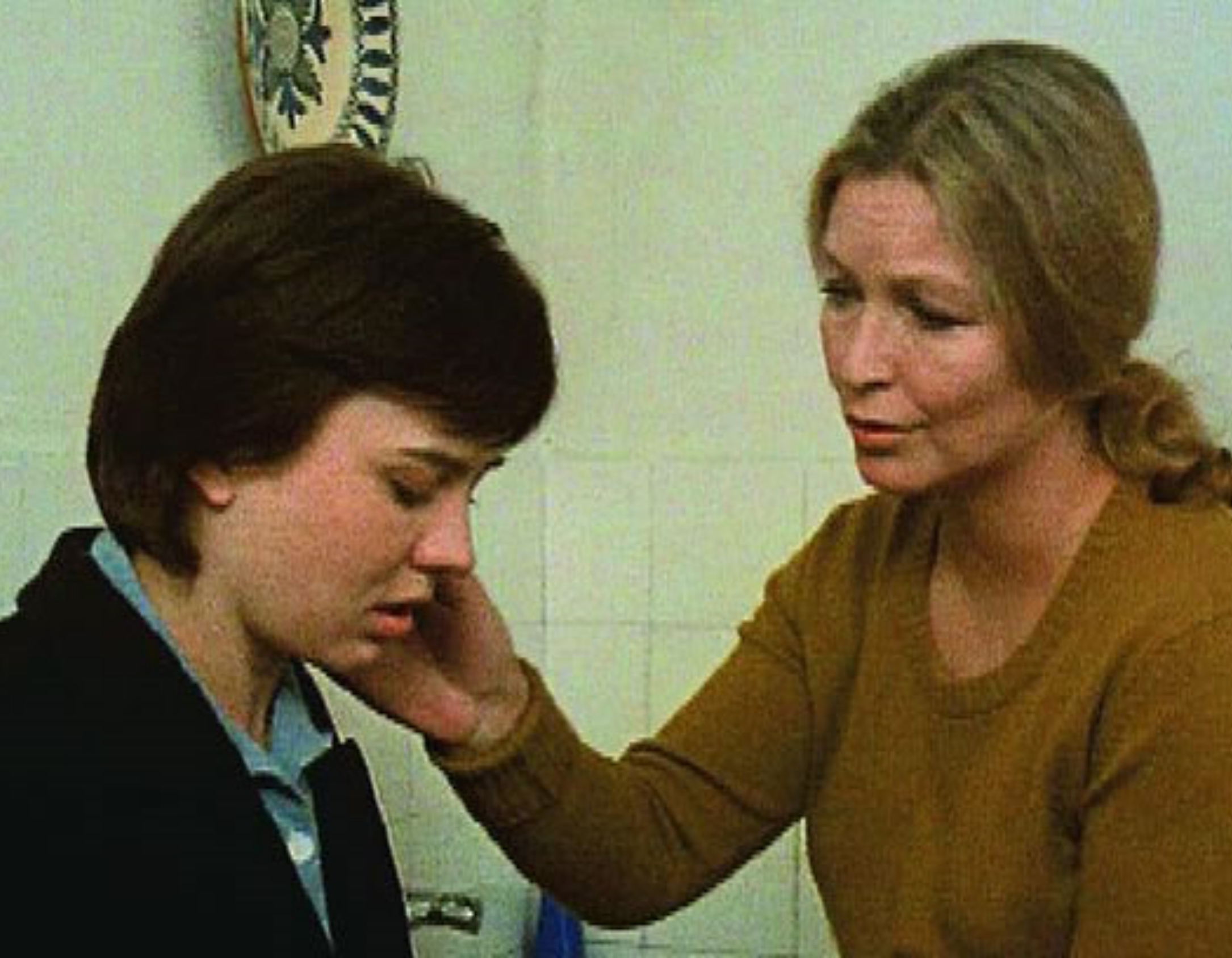
The Two of Them
Read more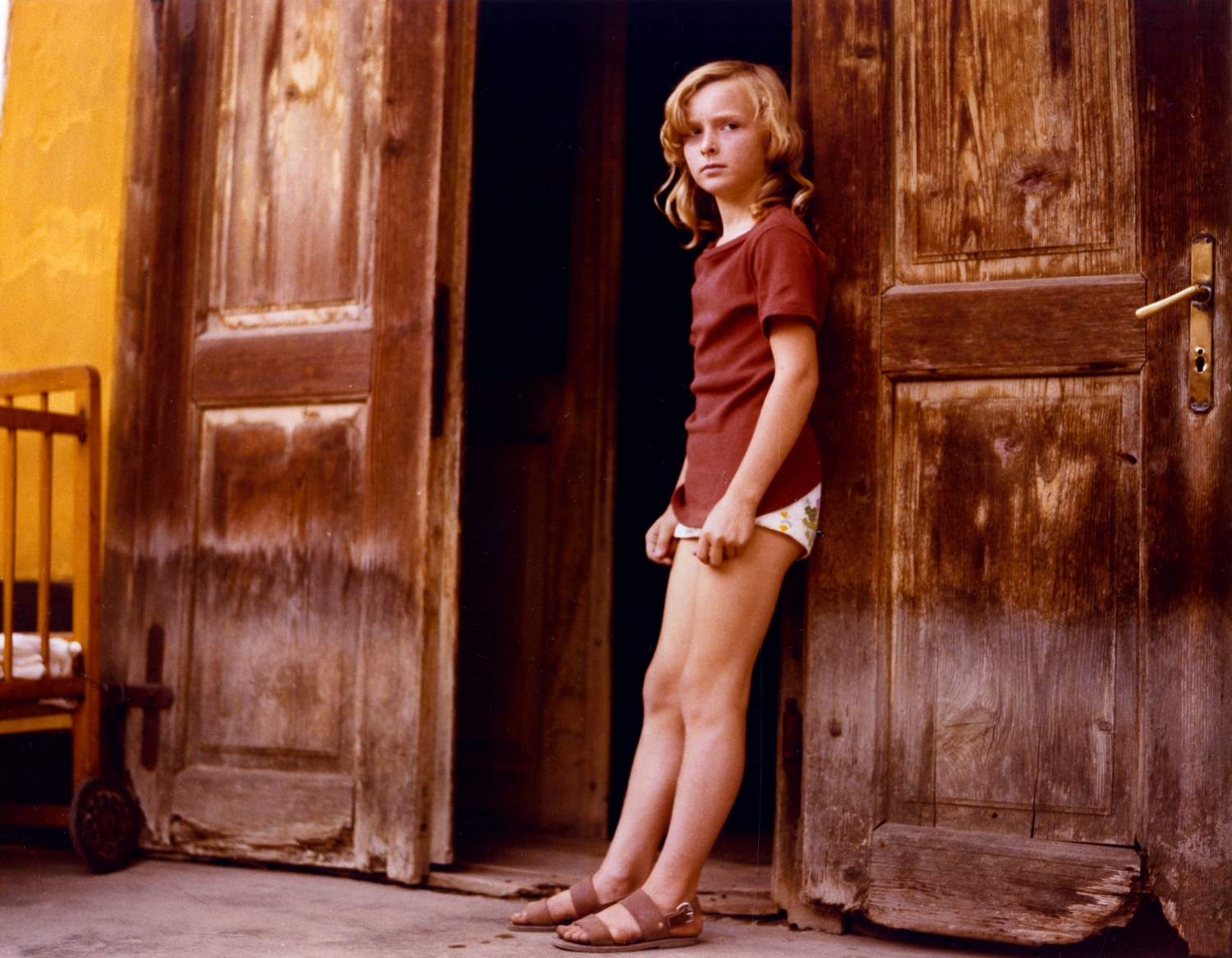
Just Like Home
Read more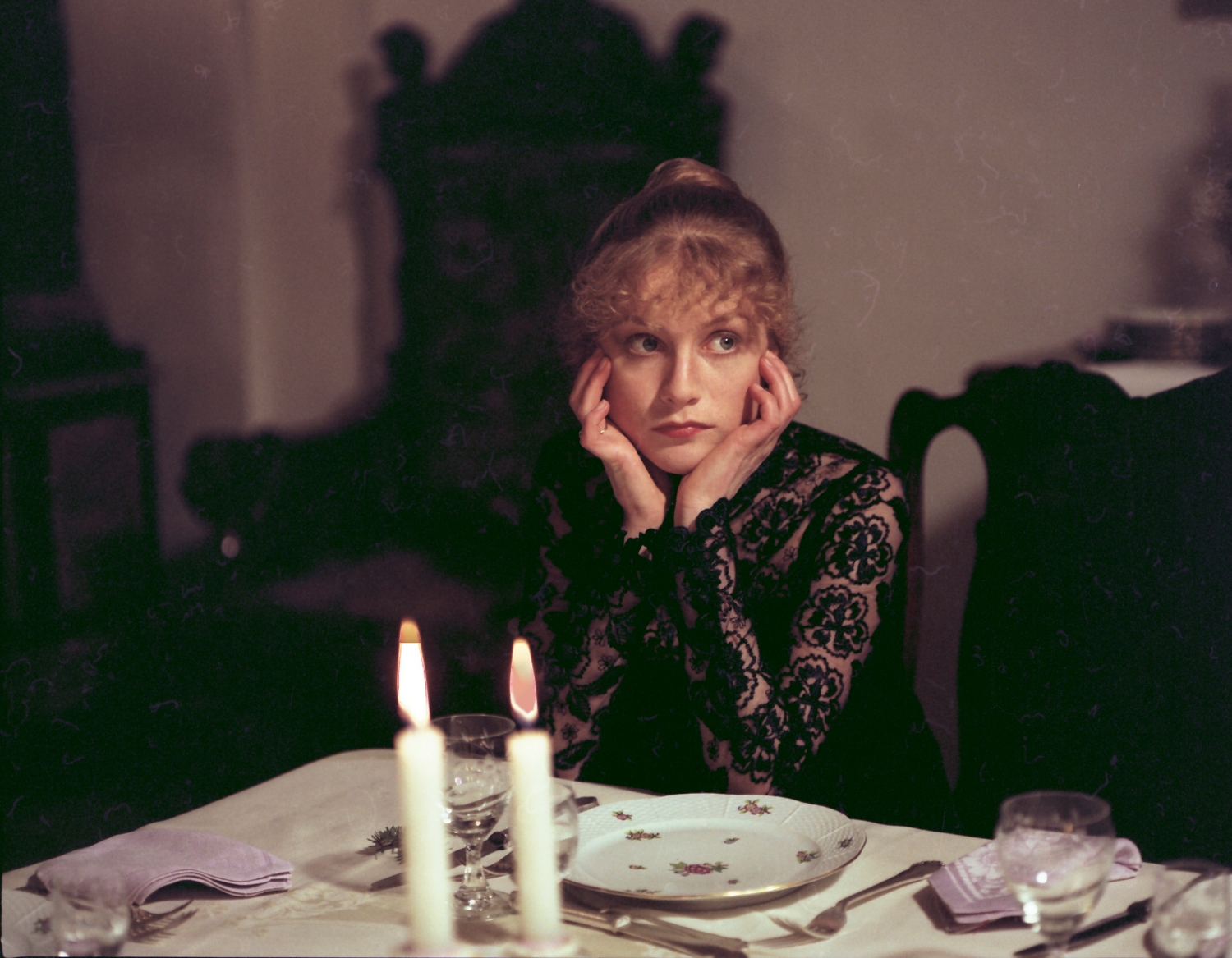
The Heiresses
Read more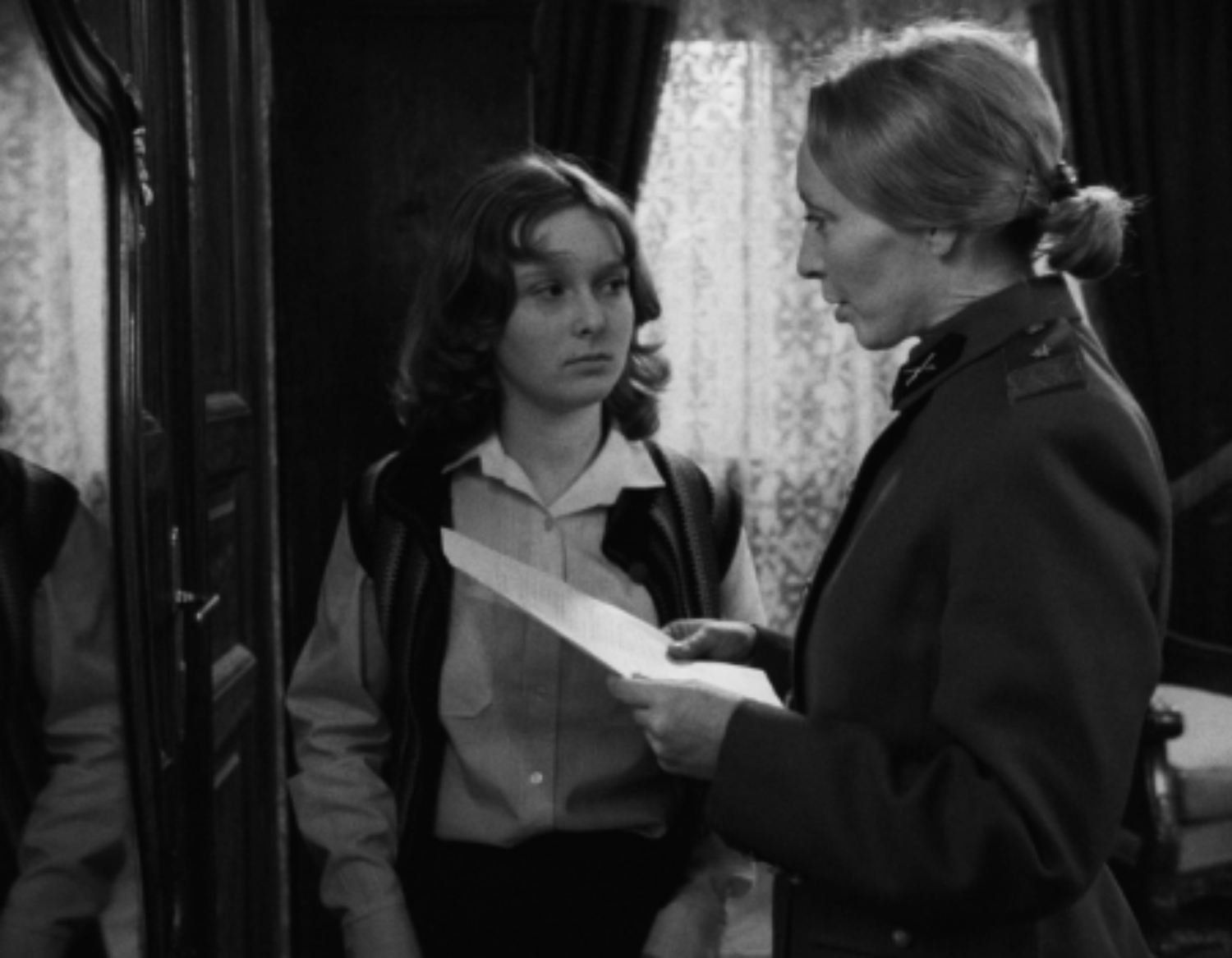
Diary for My Children
Read more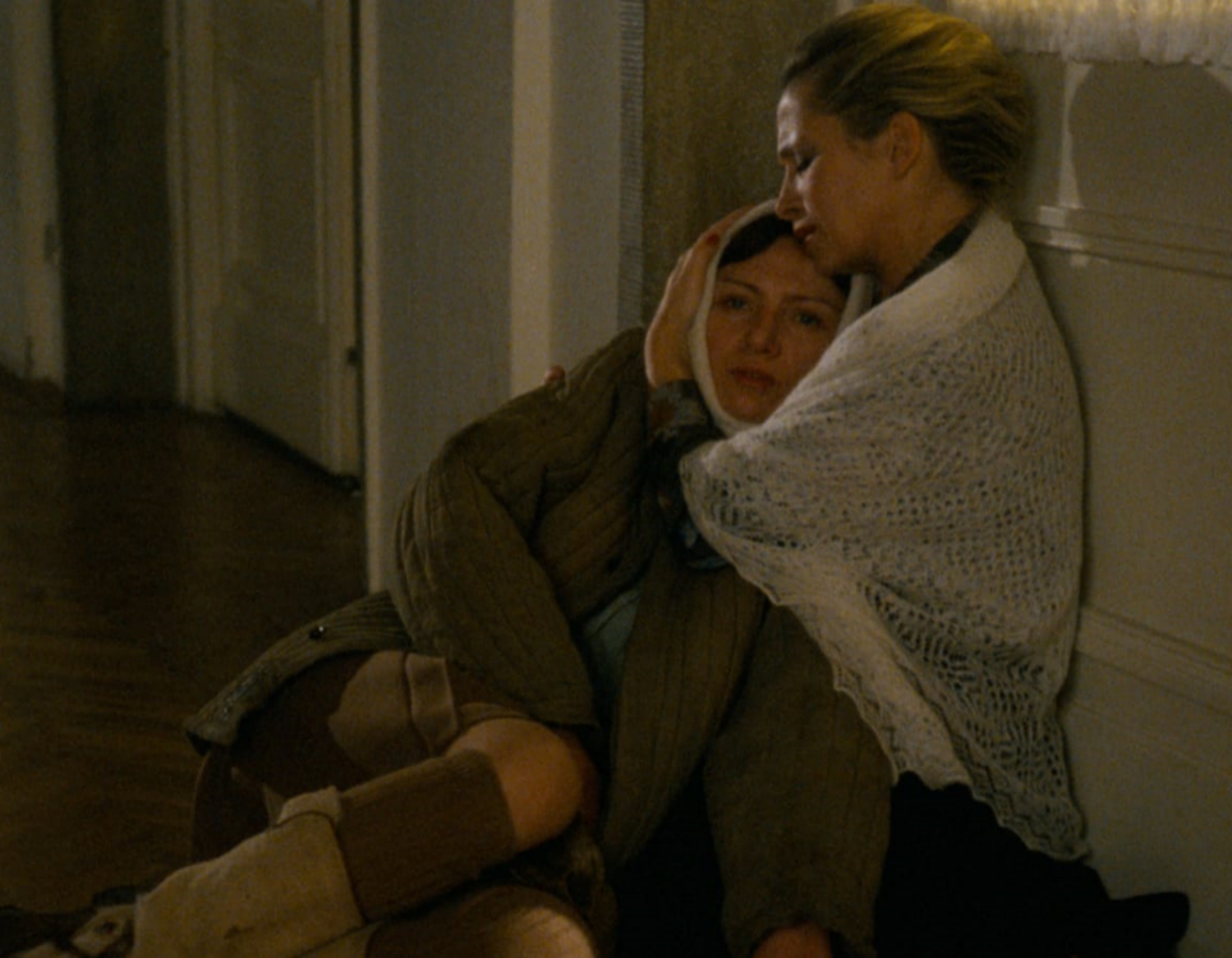
Diary for My Loves
Read more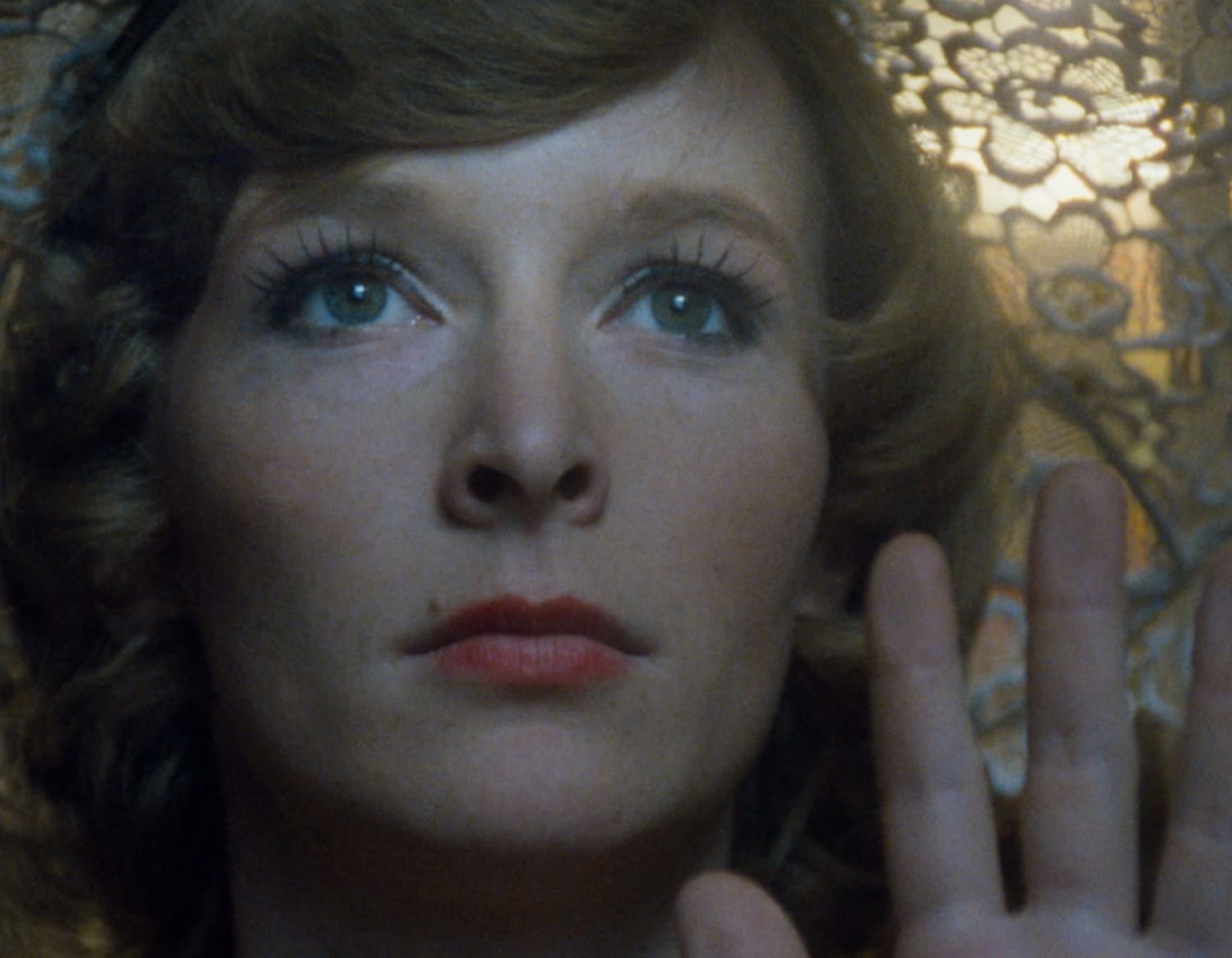
Diary for My Father and Mother
Read more
The Red and the White
Read more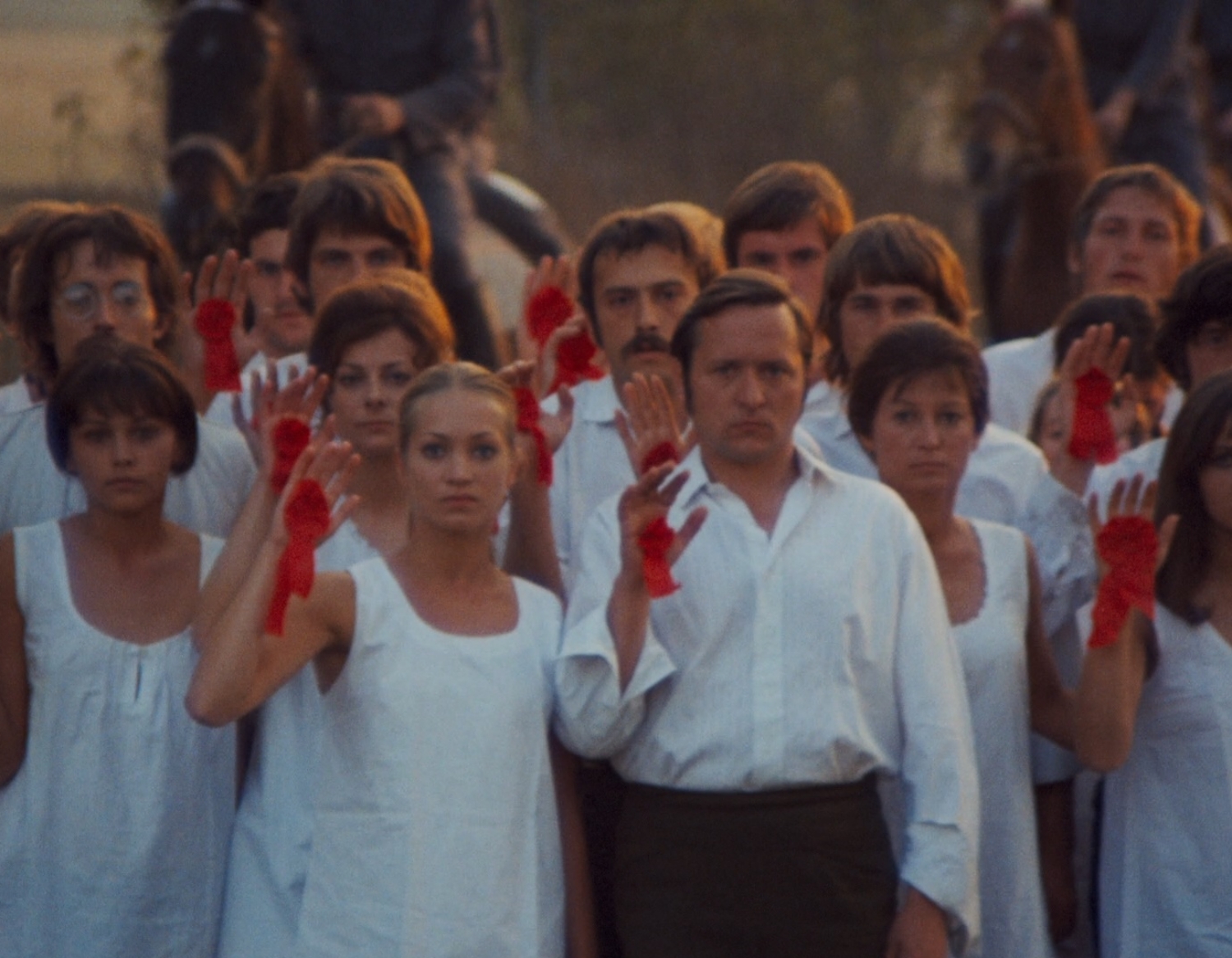
Red Psalm
Read more




